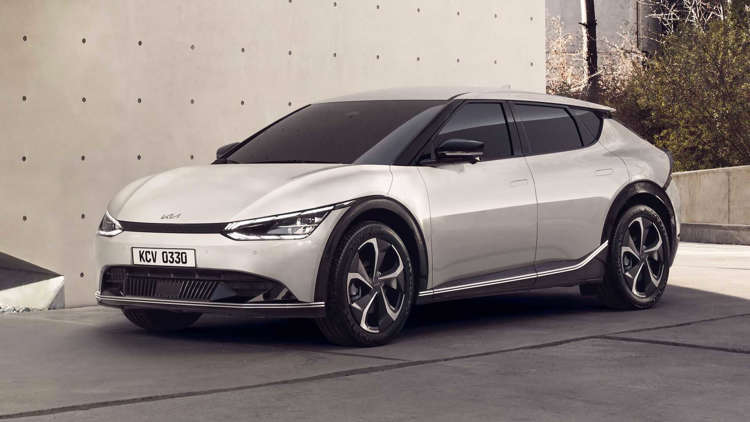Kia of America COO, Steve Center talks with Automotive News, saying that the Inflation Reduction Act could disrupt the EV market. According to Mr.Center, the impact of their efforts to push electrification in the automotive industry in the US would be positive. The statement comes after the act received criticism from America’s biggest trading partners and major import auto brands.

The criticism is also from the auto brands tying federal tax credits to North American production of EVs, their batteries, and certain battery materials. Mr. Center stated, “To have anything just changed ‘presto change-o’ is very disruptive to everybody. You have the whole industry aggressively developing and getting ready to manufacture electric cars … and you go in, you change it and it disrupts everybody’s planning.”
To claim the Inflation Reduction Act, one should qualify for a $7,500 tax credit, an EV and its battery must be assembled in North America and certain battery materials must be sourced or processed in North America. Center added that the Inflation Reduction Act is a challenge now for Hyundai Motor Group, the parent company of Hyundai, Kia, and Genesis. Each brand has made serious plans to build and sell EVs in the US, launched popular EVs into the market ahead of many American brands, and has more in the pipeline.
Affordable EVs
Mr. Center further stated, “We’re going to make the cars and there’s a certain cost given the technology maturity and scale that we’re at today. So it makes things very difficult for us to comply with both what we want to do and the aspirational objectives of the government.” Hyundai Motor Group is the No. 2 seller of EVs behind Tesla, with a 9.4 percent share of the EV market, according to Experian Automotive. Center believes the limited list of vehicles eligible for the tax credit will have a “detrimental impact” on EV adoption as the market begins to shift from early adopters to more mainstream consumers. He says “there’s only so much discounting a manufacturer can do.”
Hyundai Motor Group committed $5.54 billion to build an EV manufacturing complex near Savannah, Georgia, including a battery plant expected to be built through a joint venture with a still-unnamed partner. While the company is currently building the plant, the vehicles that will be made there will not be eligible for the tax credit until March 2026. Regardless of the opinions, it appears that the act will continue to be existing. Automakers might have to plan and strategies accordingly.











